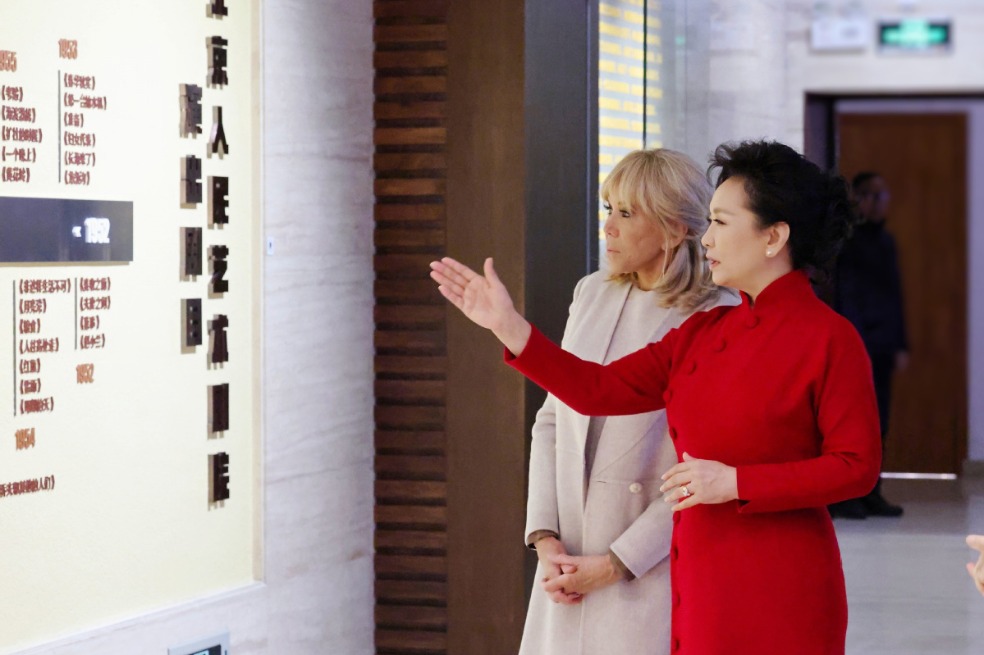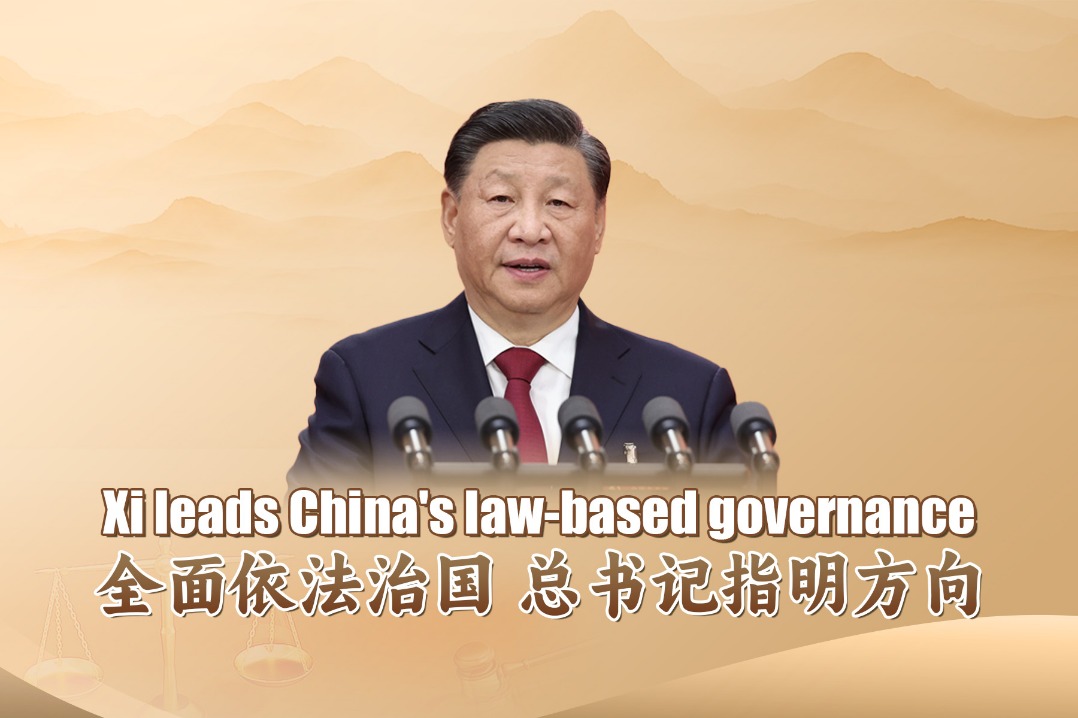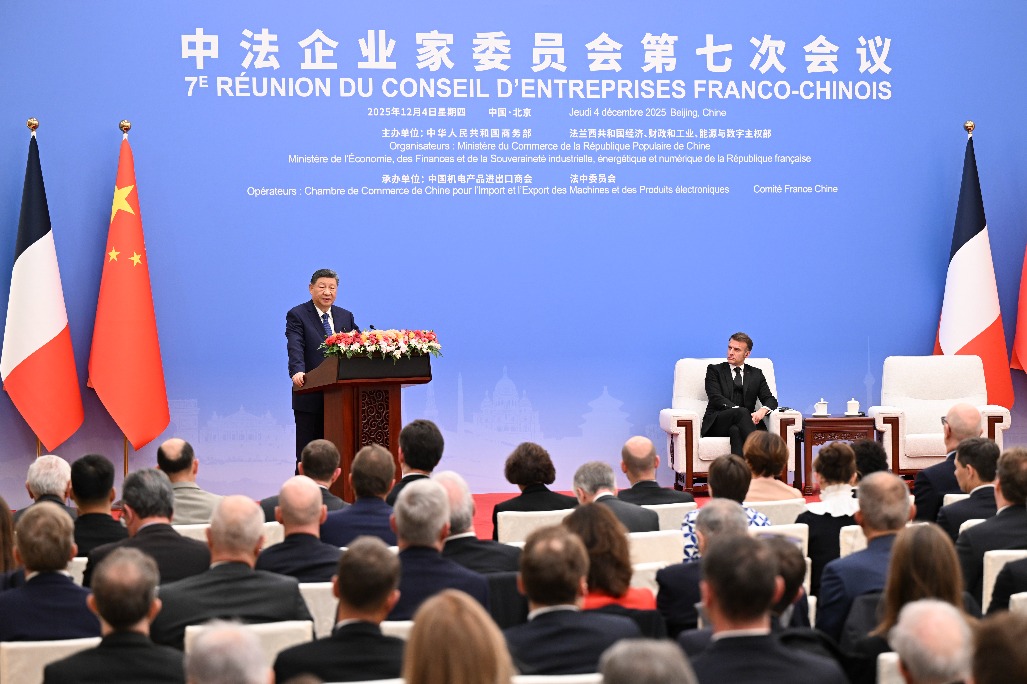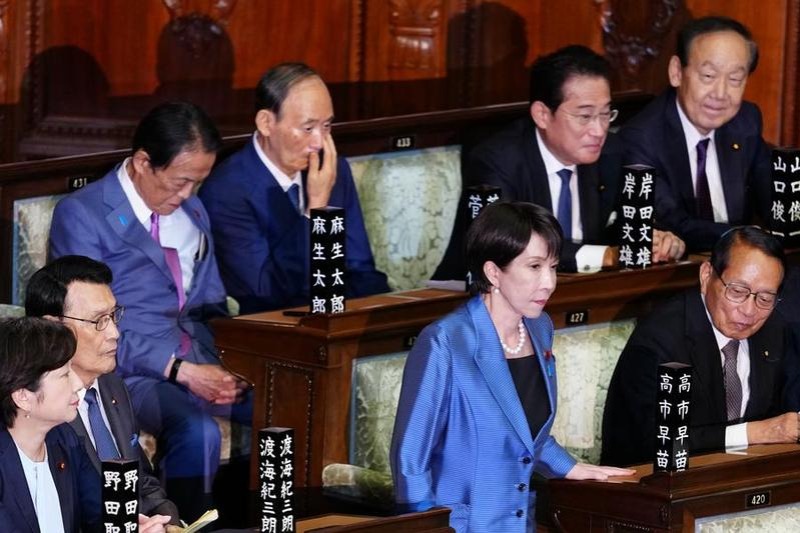Seoul needs to be wary of price to be paid for joining clique


This year marks the 70th anniversary of the alliance between the Republic of Korea and the United States, and ROK President Yoon Suk-yeol is scheduled to visit the US on April 26. Ahead of his visit, the ROK has sought to curry favor with Washington by signaling a rapprochement with Japan and its willingness to join Tokyo and Washington in their efforts to contain China.
On March 1, the 104th anniversary of the launching of the 1919 Independence Movement of Korea, a significant protest movement by Korean people that called for independence from Imperial Japan, Yoon said Japan has changed from an "invader" to a "partner", which was immediately praised by Washington as a change opening a new chapter for relations between the two neighbors.
Later, the ROK foreign ministry announced that a local foundation would compensate Koreans enslaved by imperial Japanese companies during World War II, thus sparing Japanese companies' shouldering their responsibility. People crowded in Seoul to protest against that.
And then a senior ROK official was quoted by the media as saying the country will seek to accelerate its participation in the Quad, which currently groups the US, Japan, India and Australia and serves as Washington's geopolitical tool in the "Indo-Pacific".
Japan is due to host the G7 summit in May, which President Yoon hopes to be invited to. And Japan is making it a precondition for an invitation to Yoon, though in a tacit manner, that the ROK should resolve the forced labor issue once and for all. Yoon may have also thought that this is a good opportunity to make a breakthrough in ROK-Japan relations by letting bygones be bygones.
The Yoon government's diplomatic line, the US-led clique diplomacy and the Korean Peninsula issue have all prompted the aforementioned moves.
Yoon's presence at the NATO summit last year and his government's close ties with the US, though much less barefaced than those between Tokyo and Washington in targeting China, show that Seoul is attaching increasing significance to its relations with the US club, even if it is well aware of that club's true purpose.
However, the ROK people's discontent with the Yoon government's compromise on historical issues with Japan and the damage the ROK will cause to its relations with China by jumping onto the US' bandwagon to contain China, its major trade partner, are the necessary costs the Yoon government will have to pay.


































